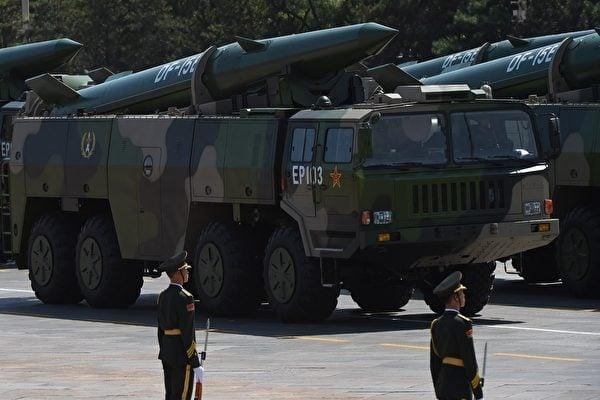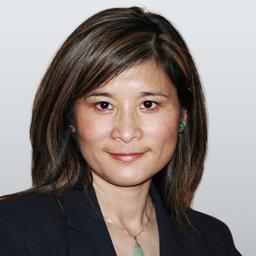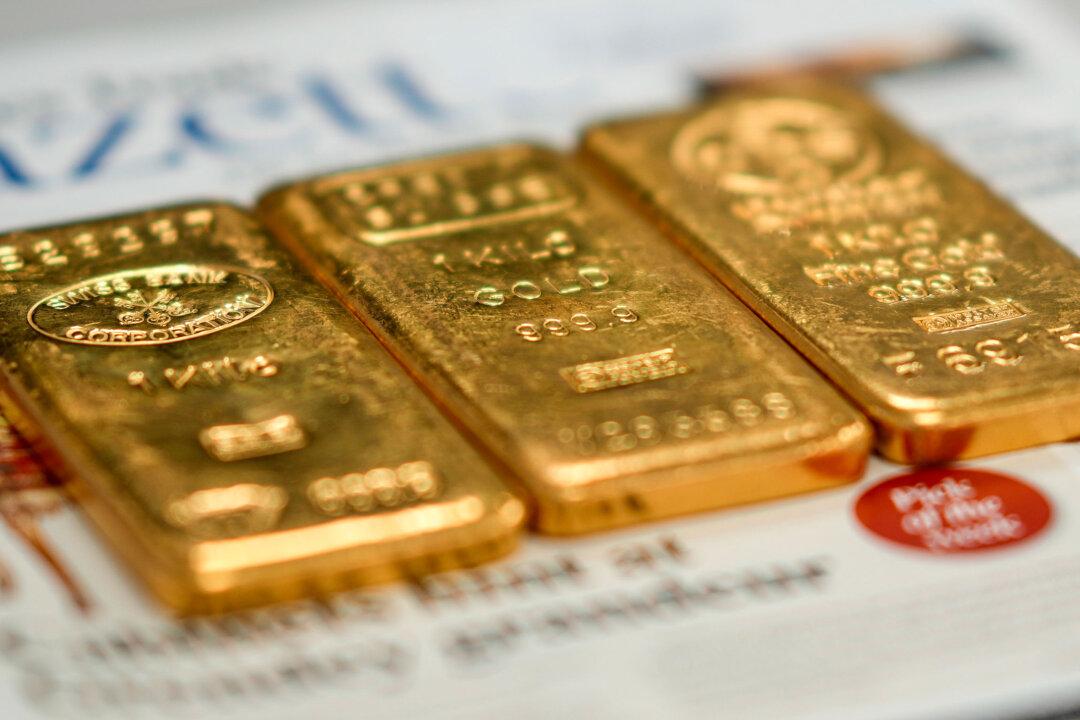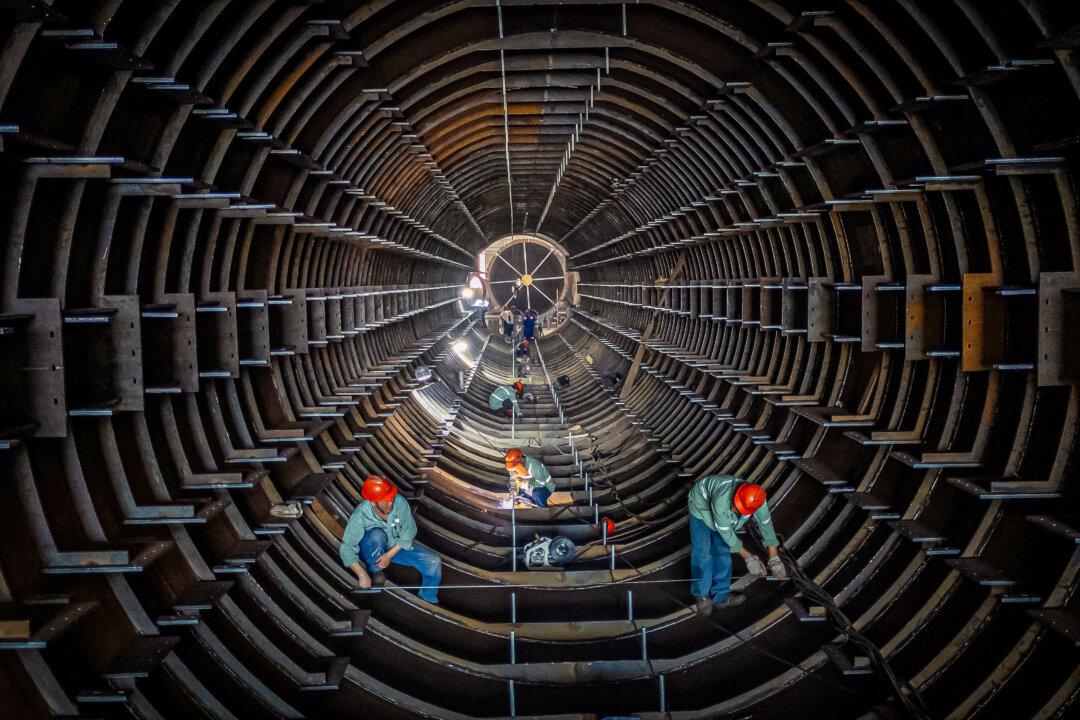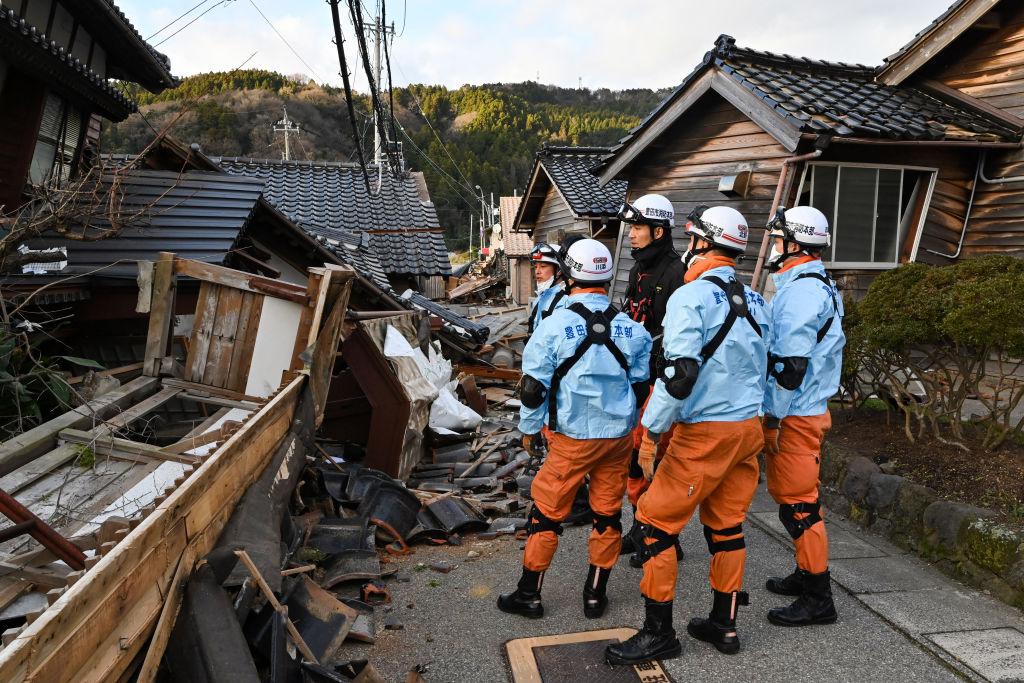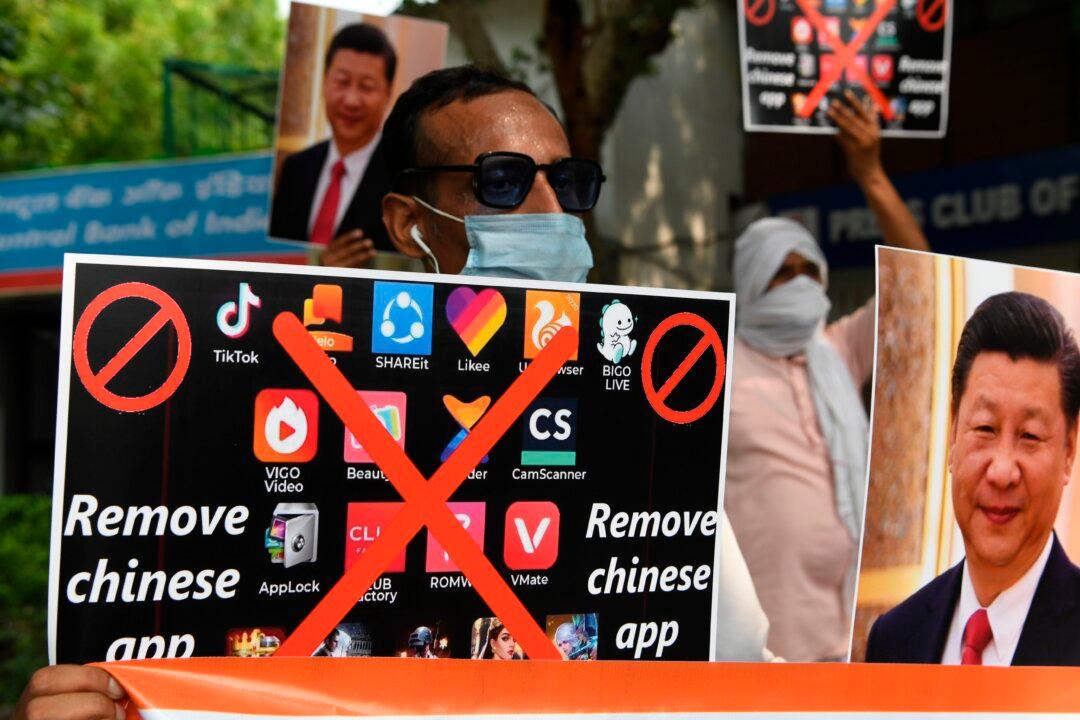Recent reports shed light on Chinese leader Xi Jinping’s intensified efforts to suppress key figures within military enterprises associated with the China National Nuclear Corporation (CNNC), encompassing the defense, aerospace, and weapons sectors. Information released by the Central Commission for Discipline Inspection (CCDI) claims this sweeping operation began six months ago.
According to the CCDI on Sept. 20, the operation commenced in March of this year. This timeline aligns with the complete consolidation of power at the central regime core by Mr. Xi’s faction. Six specialized teams from the CCDI were dispatched in two rounds to investigate the CNNC, a significant player in the Chinese Communist Party’s (CCP) military-industrial complex. The primary focus of these inspections was procurement and supply chain management, and preventive procurement and bidding.
